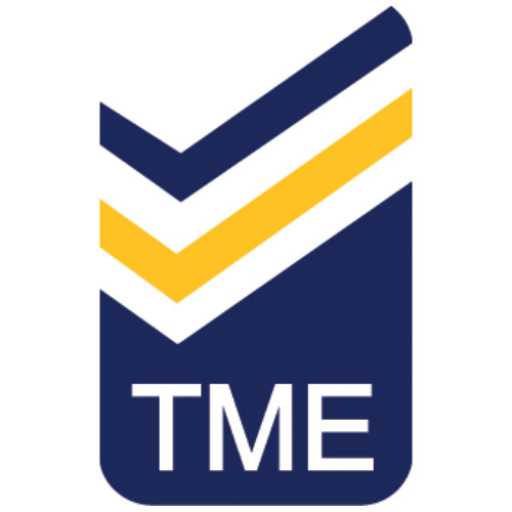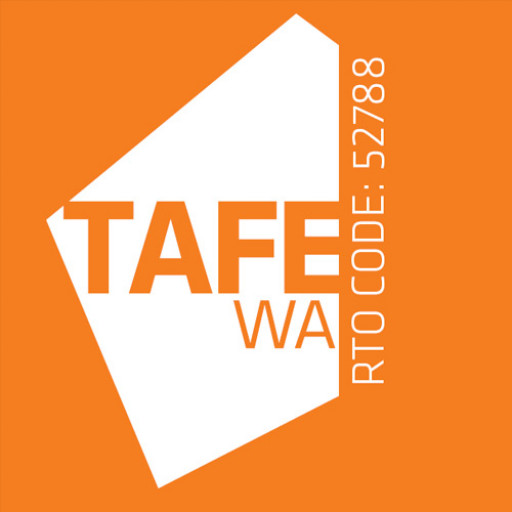Supply Chain Operations at Management Edge Pty Ltd offers a comprehensive program designed to equip students with the essential skills and knowledge needed to excel in today's dynamic and complex supply chain environment. This program covers a wide range of topics including procurement, logistics, inventory management, demand forecasting, and supply chain strategy, ensuring graduates have a well-rounded understanding of the entire supply chain process. Students will learn about the latest industry best practices, technological advancements such as supply chain management software, and methodologies to improve efficiency and reduce costs across various sectors. The course integrates theoretical concepts with practical applications, providing hands-on experience through case studies, simulations, and industry projects. Participants will develop critical skills in problem-solving, decision-making, and communication, which are vital for managing global supply chains effectively. The program also emphasizes the importance of sustainability and ethical practices within supply chain operations, preparing students to implement responsible supply chain strategies. With a focus on current market trends and future developments, graduates will be prepared for careers in logistics management, procurement, operations analysis, and supply chain consultancy. The program is suitable for aspiring managers, current professionals seeking to advance their careers, and individuals interested in gaining a strong foundation in supply chain operations. Upon completion, students will be equipped to contribute to the efficiency and resilience of supply chains in various industries, making them valuable assets to any organization looking to optimize their supply chain functions.
Supply Chain Operations program at Management Edge Pty Ltd is designed to equip students with comprehensive knowledge and practical skills necessary to excel in the dynamic field of supply chain management. The program covers a wide range of topics, including procurement, logistics, inventory management, demand forecasting, and supply chain strategy, ensuring that graduates are well-prepared to tackle complex challenges in modern supply chains. Throughout the coursework, students will explore best practices in supply chain optimization, learn how to analyze and improve existing processes, and develop strategic thinking abilities to make informed decisions that enhance operational efficiency and reduce costs.
The curriculum integrates theoretical concepts with hands-on applications, offering students real-world case studies, simulations, and industry projects. This practical approach allows learners to apply their knowledge in scenarios that mirror actual business environments, fostering critical thinking and problem-solving skills. The program also emphasizes sustainability and ethical considerations in supply chain operations, reflecting current industry trends and corporate responsibility standards.
Participants will gain proficiency in using advanced software tools and enterprise resource planning (ERP) systems critical for effective supply chain management. Additionally, the program provides insights into global supply chain dynamics, including international logistics, trade regulations, and risk management strategies. This holistic approach prepares students to manage complex supply chain networks, coordinate multidisciplinary teams, and lead initiatives that improve overall efficiency.
Graduates of the Supply Chain Operations program will be equipped with the competencies to pursue careers in logistics management, procurement, warehouse operations, supply chain consulting, and related fields. They will be adept at analyzing data, optimizing processes, and implementing innovative solutions to enhance supply chain performance. Whether seeking to advance in existing roles or transition into new opportunities, participants will find this program a valuable stepping stone towards a successful career in supply chain management.
Admission requirements typically include a completed application form, academic transcripts demonstrating prior coursework in relevant fields such as business, logistics, or management, and a minimum grade point average as specified by the program, often equivalent to a U.S. GPA of 2.5 or higher. Applicants might also need to submit standardized test scores such as the SAT or ACT, though specific requirements vary by institution. Proof of English language proficiency is generally required for non-native speakers, with acceptable test scores including TOEFL or IELTS—common minimum scores being 80 iBT for TOEFL or 6.0 for IELTS. Some programs may require professional experience related to supply chain management or logistics, generally a minimum of one year, to demonstrate practical knowledge and skills. Letters of recommendation are often requested, typically two or three, to assess the applicant’s academic abilities and professional potential. A personal statement or Statement of Purpose outlining the applicant’s motivation for pursuing the Supply Chain Operations program, career goals, and relevant experiences is usually required. Additionally, applicants may need to submit a resume or curriculum vitae detailing their educational background, work experience, and any professional achievements pertinent to supply chain management. Certain programs might require an interview—either in person or virtual—as part of the selection process. Financial documentation and evidence of funding may also be necessary for international students. Eligibility criteria can depend on the applicant’s educational background, work experience, and language proficiency, with some programs offering prerequisite courses for applicants who do not meet all entry requirements. The program expects candidates to demonstrate analytical thinking, problem-solving abilities, and a strong interest in supply chain processes, logistics, and operations management. Overall, possessing a combination of educational qualifications, practical experience, language skills, and motivation aligns with the typical admission standards for a Supply Chain Operations program offered through The Management Edge Pty Ltd.
The Supply Chain Operations program offered by Management Edge Pty Ltd provides students with a comprehensive understanding of the financial aspects integral to effective supply chain management. The curriculum emphasizes the importance of financial analysis, budgeting, cost control, and financial decision-making within the supply chain context. Students learn how financial strategies impact procurement, inventory management, logistics, and overall operational efficiency. The program covers key concepts such as capital expenditure planning, return on investment analysis, and financial risk assessment, equipping graduates with the skills necessary to optimize supply chain costs and improve financial performance.
Funding for the program is primarily sourced through a combination of tuition fees paid by students, which are structured to be competitive and reflective of the program’s depth and industry relevance. Additional financial support may be available through government grants or scholarships aimed at promoting logistics and supply chain education, depending on the student’s location and eligibility. Management Edge Pty Ltd also offers flexible payment options, including installment plans, to make education more accessible and manageable for students.
The program aligns with industry standards and incorporates real-world case studies, which further enhances its practical financial training. Students are trained to analyze financial statements, interpret key financial indicators, and develop cost-saving strategies that are vital in today’s competitive global markets. By integrating financial literacy into supply chain operations, the program prepares students not only for operational roles but also for strategic decision-making positions where financial acumen is essential.
Graduates of the Supply Chain Operations program are equipped to pursue careers in various sectors, including manufacturing, retail, logistics, and consulting, where their financial expertise will enable them to make data-driven decisions that support organizational profitability and sustainability. The program’s emphasis on financial studies ensures that students graduate with a well-rounded skill set, combining operational knowledge with robust financial understanding, which is crucial for effective and strategic supply chain management in a dynamic economic environment.
Supply Chain Operations is a comprehensive program designed to equip students with the essential skills and knowledge necessary for managing complex supply chain processes in today's dynamic business environment. Offered by Management Edge Pty Ltd, this program covers a wide range of topics including logistics management, inventory control, procurement, warehousing, transportation, and information systems. The curriculum emphasizes practical skills and real-world applications, preparing graduates to efficiently oversee supply chain functions and enhance operational efficiency within organizations. The program also explores strategic planning, supply chain analytics, risk management, and sustainability practices, reflecting current industry trends and challenges. Through a combination of theoretical coursework and hands-on training, students learn to analyze supply chain data, optimize workflows, and implement innovative solutions to improve coordination among suppliers, manufacturers, and retailers. The program is designed for professionals seeking to advance their careers in supply chain management, logistics, and operations. Upon completion, graduates are equipped to assume roles such as supply chain coordinator, logistics manager, procurement officer, or inventory analyst. The program also emphasizes the development of soft skills such as leadership, communication, and problem-solving, which are critical for success in managerial positions. Management Edge Pty Ltd ensures that the program meets industry standards and incorporates current best practices, often collaborating with leading supply chain organizations to provide up-to-date content and networking opportunities. Being a flexible program, it may also include online modules, workshop sessions, and industry placements, enabling students to balance study with their professional commitments. Overall, the Supply Chain Operations program aims to cultivate efficient, innovative, and strategic supply chain professionals who can contribute to organizational success and adapt to emerging global trends in logistics and supply chain management.









